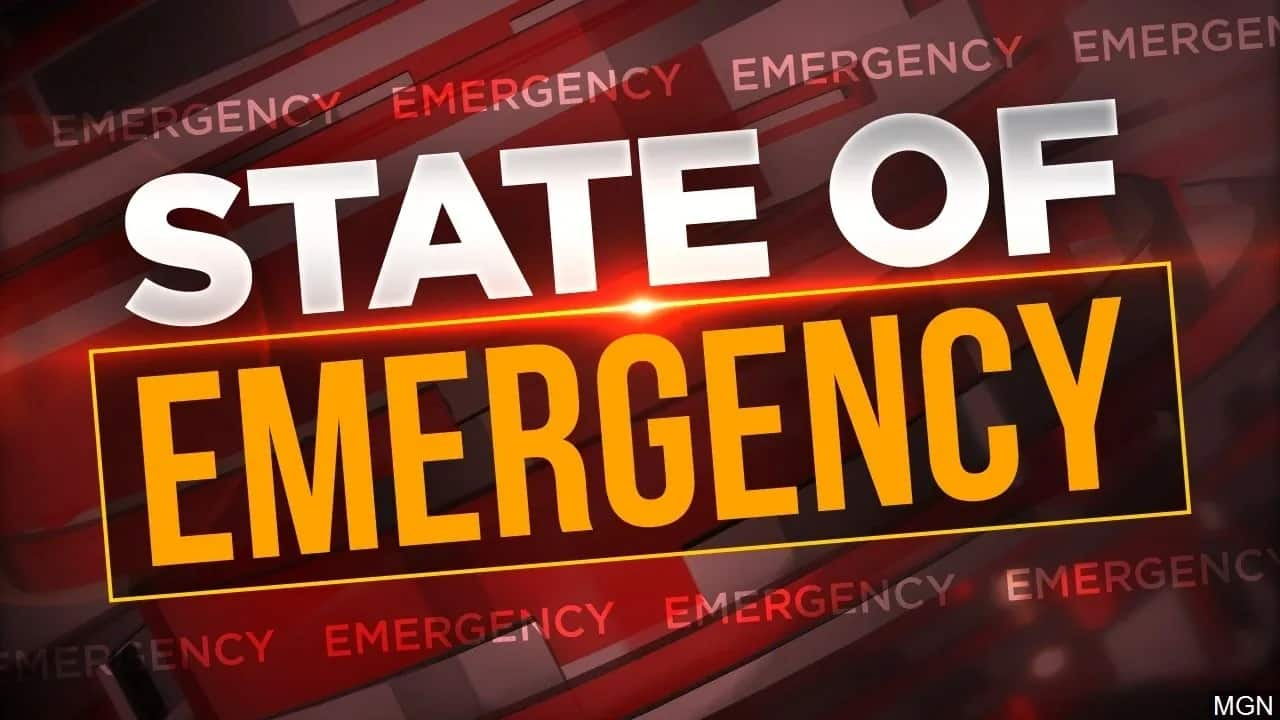UN report: Over 55% Afghans will face acute food crisis from November 2021 and March 2022
The recent report of the United Nations claims that more than 55 percent of Afghanistan’sAfghanistan’s population will suffer emergency levels of food crisis from the time period between November 2021 and March 2022.
8th of November 2021

The recent report of the United Nations claims that more than 55 percent of Afghanistan’s population will suffer emergency levels of food crisis from the time period between November 2021 and March 2022.
United Nations Office for the ”Coordination of Humanitarian Affairs’Affairs’ – (UN OCHA) cites that Afghanistan at the present time is facing the second drought in 4 years and the worst of its kind in the 27 years.
The report cites, “An estimated 22.8 million people, or 55 percent of the population, is expected to be in crisis or – emergency levels of food insecurity that is – (IPC 3+) from November 2021 to March 2022, a nearly 35 per cent increase from the same season last year (16.9m)”.
Before the takeover by the Taliban, the country was already facing a food crisis, to which nearly half of the population – around 18.4 million people were already in need of humanitarian & protection assistance in 2021. The report states that the food crisis is likely to decline in ten out of the eleven most populated urban areas.
“The issues linked to the food security were made largely due to drought and even after the harvest, as much as 57 percent of the households did not have food reserves to last for 3 months,” the report further notes.
Earlier, a report by the – UN’s Food and Agriculture Organization (FAO) and the UN World Food Programme – (WFP) noted that the Integrated Food Security Phase Classification (IPC) report found out that over 1 in 2 Afghans will be facing a crisis – (IPC Phase 3) or emergency – (IPC Phase 4) levels of – “acute food insecurity” within November 2021 to March 2022.
Following the statement, the report noted that “The Afghans will be requiring urgent humanitarian interventions to meet their basic food needs, protect livelihoods & prevent a humanitarian catastrophe”.
Latest
- Trinidad and Tobago Imposes New State of Emergency Amid Rising Gang Violence
-
PM Roosevelt Skerrit responds as massive fire damages businesses on George IV Street in Roseau -
Antigua and Barbuda to welcome over 113,500 Cruise passengers in March 2026 -
Antigua and Barbuda by-election: ABLP’s Randy Baltimore begins door-to-door campaign -
Nevis sees surge in cruise arrivals as 2025-26 season continues
Related Articles



2nd of March 2026





